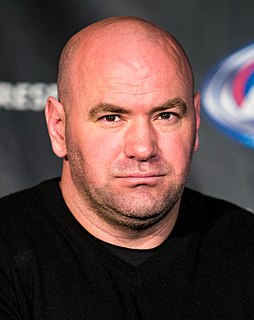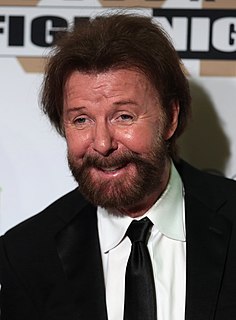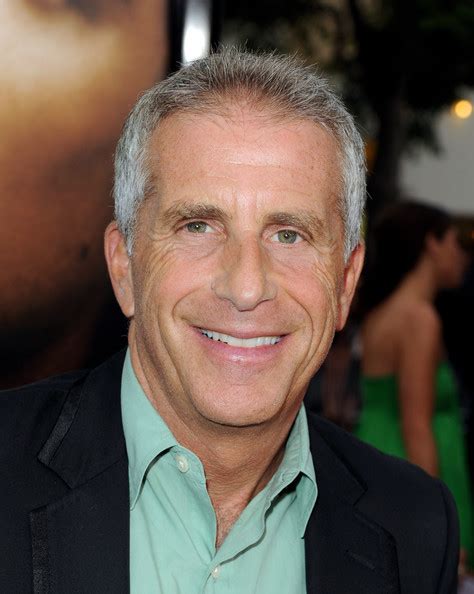A Quote by Wyatt Cenac
Related Quotes
How do you think policing is in places like China, or North Korea? Whatever we experience, in terms of our policing, I also wanted to make known that the rest of the world suffers ten times more because of that power dynamic; because of the fact that there is no Posse Comitatus in other places which is what prevents in our country, or what is supposed to prevent the military from taking on a policing role of its own people.
Everybody is an expert on one thing - that's what I learned in my high school journalism class - and that's, of course, his own life. And everybody deserves to live and have his story told. And if it doesn't seem like an interesting story, then that's the failure of the listener, or the journalist who retells it badly.
When we look at cities across the country, Cincinnati, for example, where they have come under DOJ guidance with a consent decree, we see that, over time, there has been a transformation in the relationship between the police and the community, where now they have a partnership and true collaborative policing, co-policing, to make the community safer overall.


































